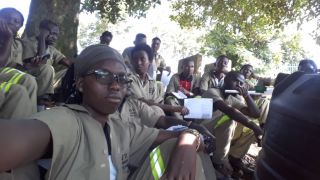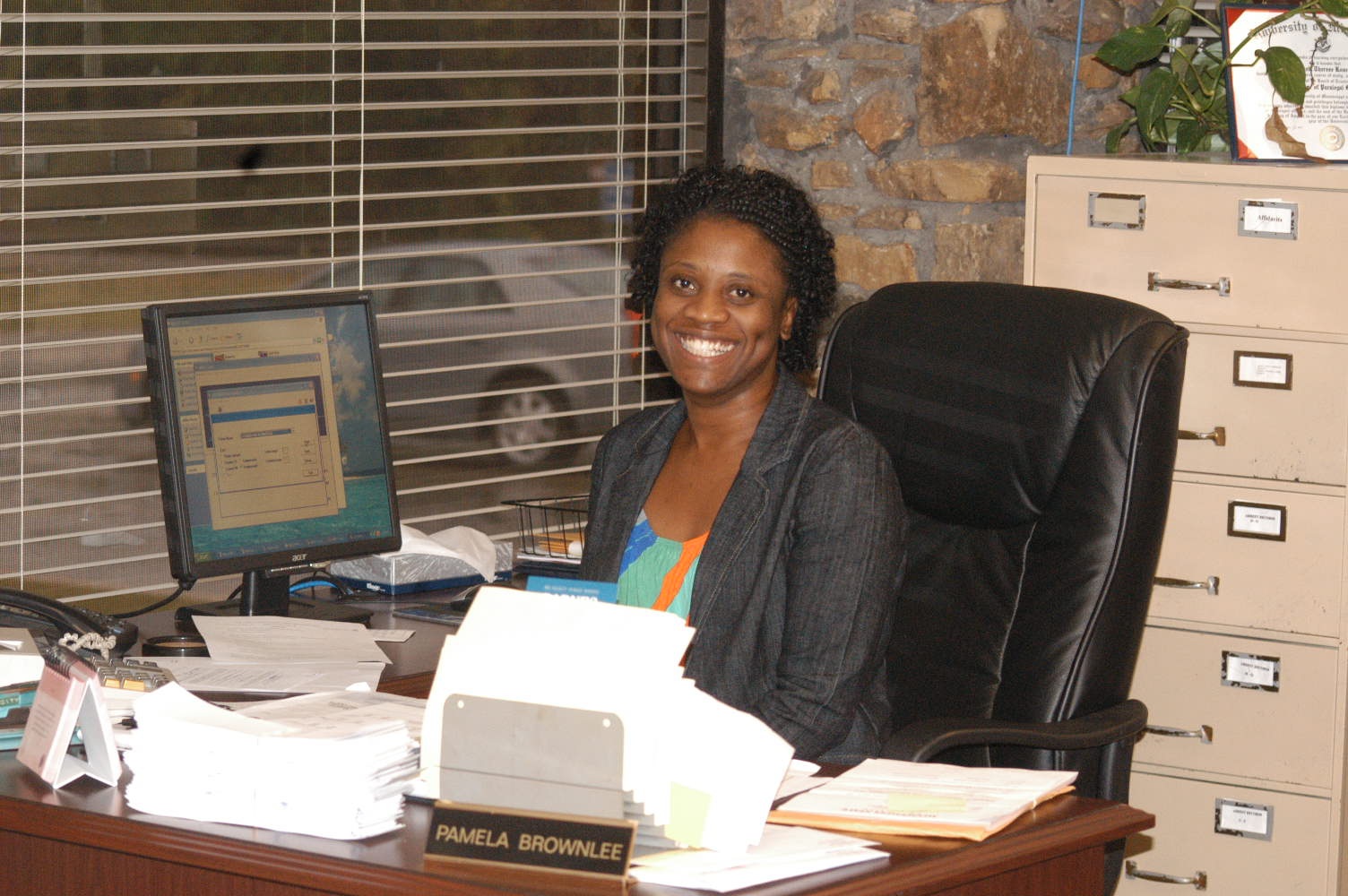Court clerk
Perform clerical duties in court of law; prepare docket of cases to be called; secure information for judges; and contact witnesses, attorneys, and litigants to obtain information for court.
Add to Favourites Compare with other careersCourt clerk
Tasks
1. Prepare and issue orders of the court, such as probation orders, release documentation, sentencing information, or summonses.
2. Prepare dockets or calendars of cases to be called, using typewriters or computers.
3. Record case dispositions, court orders, or arrangements made for payment of court fees.
4. Prepare documents recording the outcomes of court proceedings.
5. Examine legal documents submitted to courts for adherence to laws or court procedures.
6. Perform administrative tasks, such as answering telephone calls, filing court documents, or maintaining office supplies or equipment.
7. Search files and contact witnesses, attorneys, or litigants to obtain information for the court.
8. Answer inquiries from the general public regarding judicial procedures, court appearances, trial dates, adjournments, outstanding warrants, summonses, subpoenas, witness fees, or payment of fines.
9. Instruct parties about timing of court appearances.
10. Explain procedures or forms to parties in cases or to the general public.
11. Record court proceedings, using recording equipment, or record minutes of court proceedings, using stenotype machines or shorthand.
12. Follow procedures to secure courtrooms or exhibits, such as money, drugs, or weapons.
13. Read charges and related information to the court and, if necessary, record defendants' pleas.
14. Swear in jury members, interpreters, witnesses, or defendants.
15. Conduct roll calls and poll jurors.
16. Collect court fees or fines and record amounts collected.
17. Prepare and mark applicable court exhibits or evidence.
18. Amend indictments when necessary and endorse indictments with pertinent information.
19. Meet with judges, lawyers, parole officers, police, or social agency officials to coordinate the functions of the court.
20. Prepare staff schedules.
21. Direct support staff in handling of paperwork processed by clerks' offices.
22. Prepare courtrooms with paper, pens, water, easels, or electronic equipment and ensure that recording equipment is working.
23. Open courts, calling them to order, and announcing judges.
Key knowledge areas
1. Clerical — Knowledge of administrative and clerical procedures and systems such as word processing, managing files and records, stenography and transcription, designing forms, and other office procedures and terminology.
2. English Language — Knowledge of the structure and content of the English language including the meaning and spelling of words, rules of composition, and grammar.
3. Law and Government — Knowledge of laws, legal codes, court procedures, precedents, government regulations, executive orders, agency rules, and the democratic political process.
4. Customer and Personal Service — Knowledge of principles and processes for providing customer and personal services. This includes customer needs assessment, meeting quality standards for services, and evaluation of customer satisfaction.
Skills
1. Active Listening — Giving full attention to what other people are saying, taking time to understand the points being made, asking questions as appropriate, and not interrupting at inappropriate times.
2. Speaking — Talking to others to convey information effectively.
3. Reading Comprehension — Understanding written sentences and paragraphs in work related documents.
4. Writing — Communicating effectively in writing as appropriate for the needs of the audience.
5. Time Management — Managing one's own time and the time of others.
6. Coordination — Adjusting actions in relation to others' actions.
7. Critical Thinking — Using logic and reasoning to identify the strengths and weaknesses of alternative solutions, conclusions or approaches to problems.
8. Monitoring — Monitoring/Assessing performance of yourself, other individuals, or organizations to make improvements or take corrective action.
9. Social Perceptiveness — Being aware of others' reactions and understanding why they react as they do.
10. Complex Problem Solving — Identifying complex problems and reviewing related information to develop and evaluate options and implement solutions.
11. Service Orientation — Actively looking for ways to help people.

































